Institut Pasteur is actively engaged in the application of artificial intelligence methods in biomedical research. In 2018, the Institute has created a Department of Computational Biology to strengthen its expertise in the analysis of massive data generated by laboratories (DNA sequencing, proteomics, imaging, etc. ). Artificial Intelligence is now integrated into its strategic plan in the form of a targeted technological action (ATC-AI). This initiative aims to strengthen the Institute’s expertise in this field by recruiting new talent and investing in the most competitive technologies. Institut Pasteur is committed to using these technologies ethically and responsibly in its research, ensuring data protection in accordance with French regulations and good ethical practice, while fully exploiting the benefits they can offer to improve our understanding of biology and for public health.
ANNUAL SYMPOSIUM

Registration Free but Mandatory: Registration & Abstract Submission Form
Abstract Submission Deadline; Monday May 27th midnight
The Targeted Technological Action on Artificial Intelligence (ATC-IA) is organizing the second edition of its Symposium Artificial Intelligence in Biology and Health. It will be held on 4th October 2024 in the Émile Duclaux lecture hall at the Institut Pasteur campus. The symposium will bring together researchers working at the intersection of AI with biomedical sciences to discuss opportunities and challenges in this exciting and rapidly evolving field.
Registration (free but mandatory) and the call for abstracts to select speakers and posters are now open via the following link: Registration and submission form
Deadline for abstract submission: 27th May 2024 – midnight
Deadline for public registration: 13th September -midnight
The symposium will include two invited keynote talks by eminent speakers:
Anne-Florence BITBOL (EPFL, Lausanne, Switzerland)
Jean-Remi KING (ENS-PSL, Paris, France)
Artificial intelligence (AI) methods such as deep learning have fueled breakthroughs in many data-intensive fields, such as computer vision, speech recognition or question-and-answer systems, as recently illustrated by ChatGPT. AI also holds enormous potential for biology and health. Indeed, AI-powered methods can accurately predict 3D protein structures from their DNA sequence, diagnose skin cancer from photographs, predict patient outcomes or help design new drugs… AI can also integrate large and complex data sets including genomics, transcriptomics and proteomics data and mine them for new insights.
The organizers hope it will foster collaborations and inspire new ideas in the application of AI for biology and health.
Coordination


Steering Committee
Teams

Sequence Bioinformatics

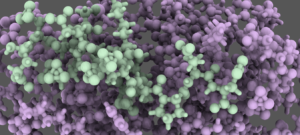
Chemoinformatics and proteochemometrics


Decision and Bayesian Computation – Epiméthée


Computational Structural Biology


Applied and Theoretical Neuroanatomy

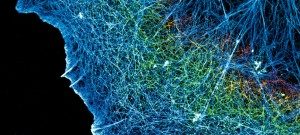
Imaging and Modeling

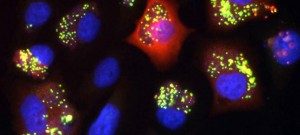
Structural Microbiology

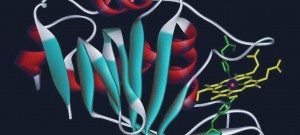
Bacterial transmembrane systems

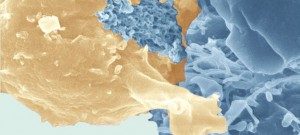
Oncogenic Virus Epidemiology and Pathophysiology

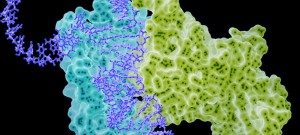
Structural Bioinformatics

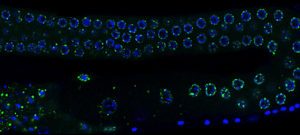
Mechanisms of epigenetic inheritance


Bioinformatics and Biostatistics HUB

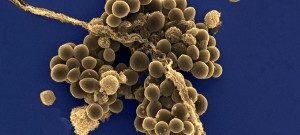
Group: Shaynoor Dramsi


Translational Immunology


Quantitative RNA imaging

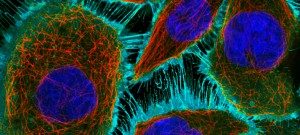
Membrane Traffic and Cell Division


Diagnostic Test Innovation and Development Core Facility

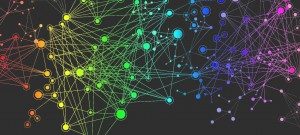
Computational Systems Biomedicine


Biological Image Analysis


Crystallography


Machine Learning for integrative genomics

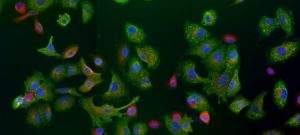
RNA Biology of Influenza Virus

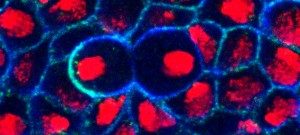
Dynamics of Developmental Decisions in Drosophila


Neural Circuit Dynamics and Decision Making


Structural biology of infectious diseases

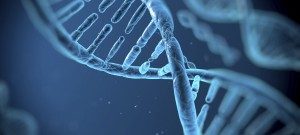
Auditory Therapies Innovation Lab


Bacterial Cell Cycle Mechanisms

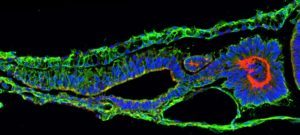
Dynamic Regulation of Morphogenesis

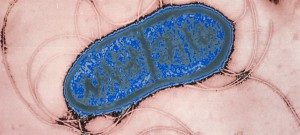
Synthetic Biology

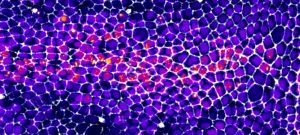
Cell death and epithelial homeostasis


Structural Virology


Fungal Heterogeneity

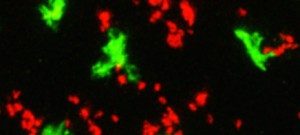
Dynamics of Immune Responses

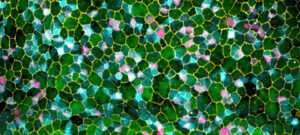
Zebrafish Neurogenetics



